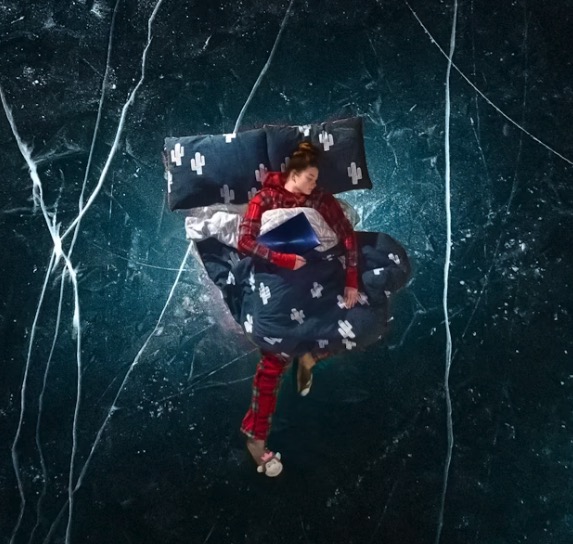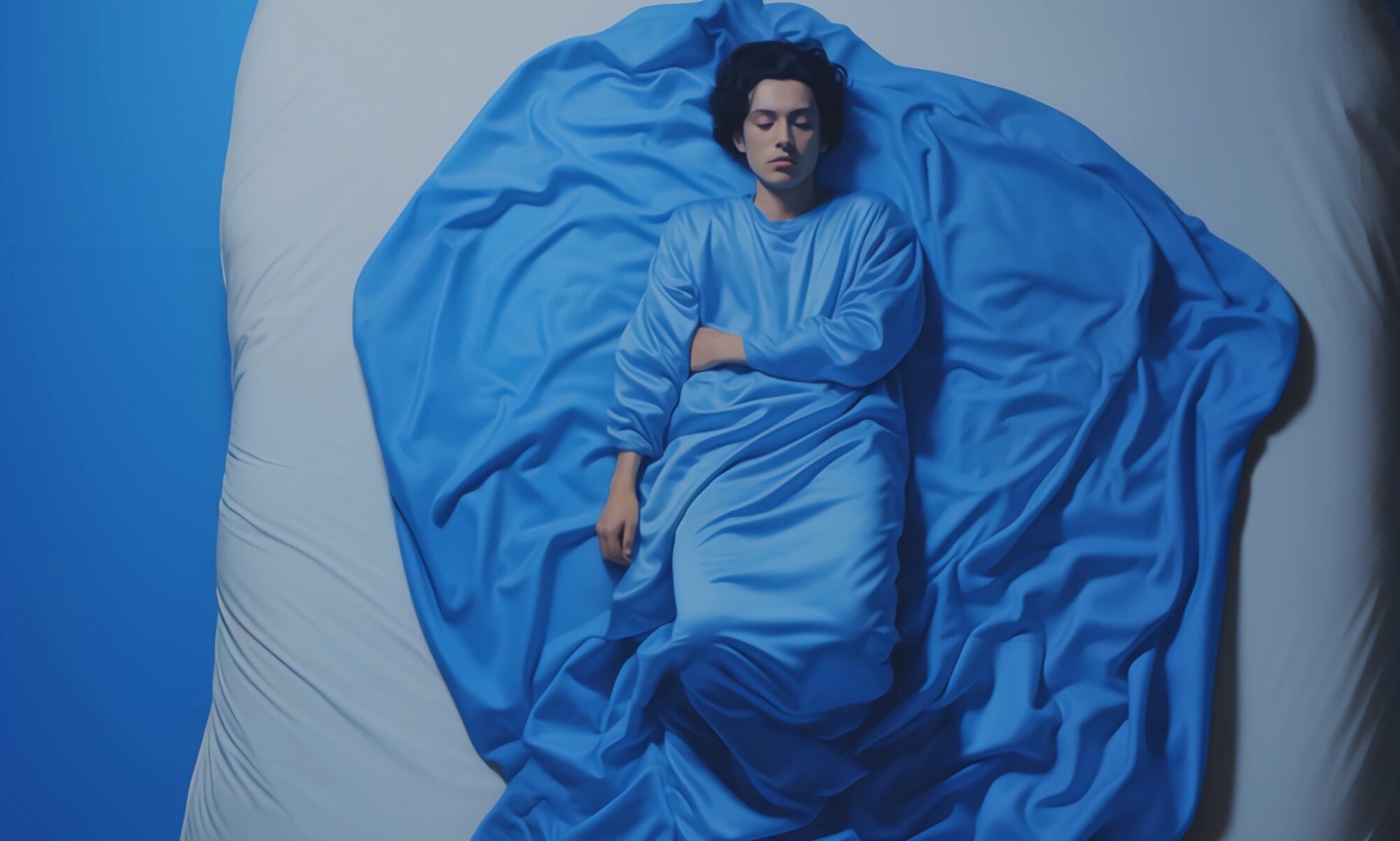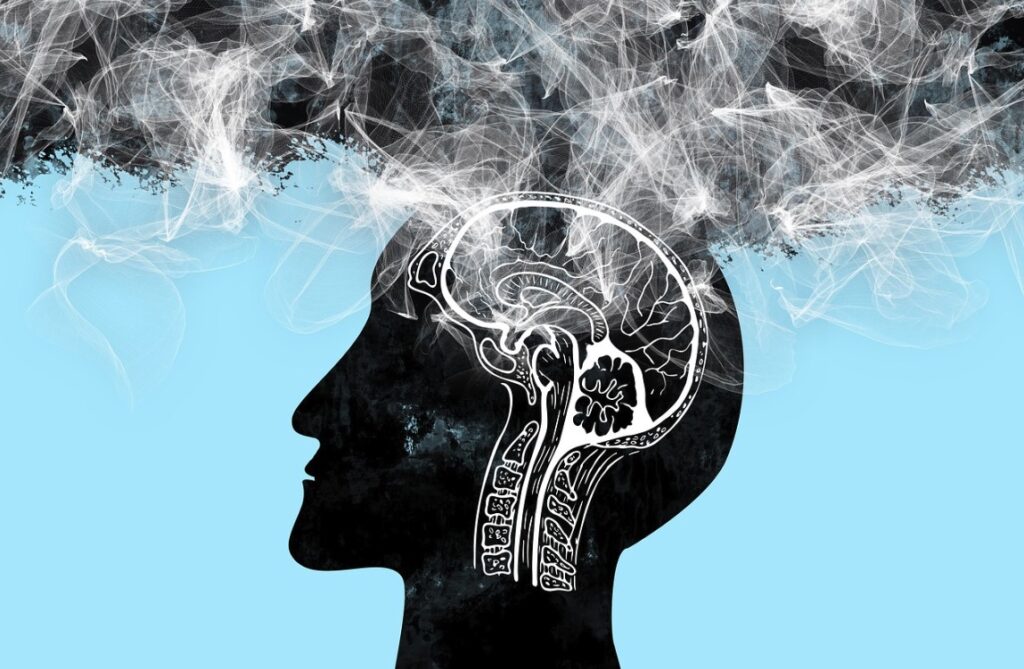Unable to sleep can feel frustrating, but simple calming techniques like breathing exercises and muscle relaxation can help. Discover easy, immediate steps to ease your mind and body into a restful night’s sleep.
Tossing and turning in bed, counting sheep, yet sleep seems nowhere in sight. We’ve all faced nights when falling asleep feels impossible, leaving us frustrated as the clock ticks relentlessly. This familiar battle might seem endless, but a few simple strategies can quickly soothe your mind and body, nudging you gently into slumber.

First, resist the urge to watch the clock. Clock-watching only fuels anxiety, making it harder to relax. Instead, try shifting your focus to something more calming, like imagining a peaceful place or repeating a gentle word silently.
Breathing exercises work wonders. Take slow, deep breaths—in through your nose for four counts, hold for seven, and exhale through your mouth for eight. This 4-7-8 technique activates your parasympathetic nervous system, reducing stress and priming you for sleep.
Progressive muscle relaxation is another handy tool. Starting from your toes, tighten each muscle group for a few seconds, then slowly release. This process eases physical tension and distracts your mind from busy thoughts.
Make sure your bedroom environment is cosy and quiet. Dim the lights, keep the temperature cool but comfortable, and minimise disruptive noises. If needed, try white noise or calming nature sounds to mask background distractions.
Avoid reaching for screens; the blue light emitted can interfere with melatonin production, the hormone that regulates sleep. Instead, keep a book by your bedside or listen to soft music.
If sleep still eludes you after 20 minutes, get out of bed and do a quiet, non-stimulating activity, like reading under a low lamp. Avoid bright lights and screens until sleepiness returns, then head back to bed.
At Dozywave, we understand how frustrating sleepless nights can be. That’s why we create products that complement these strategies, offering gentle support so everyone can enjoy nights of deep, baby-like sleep.


